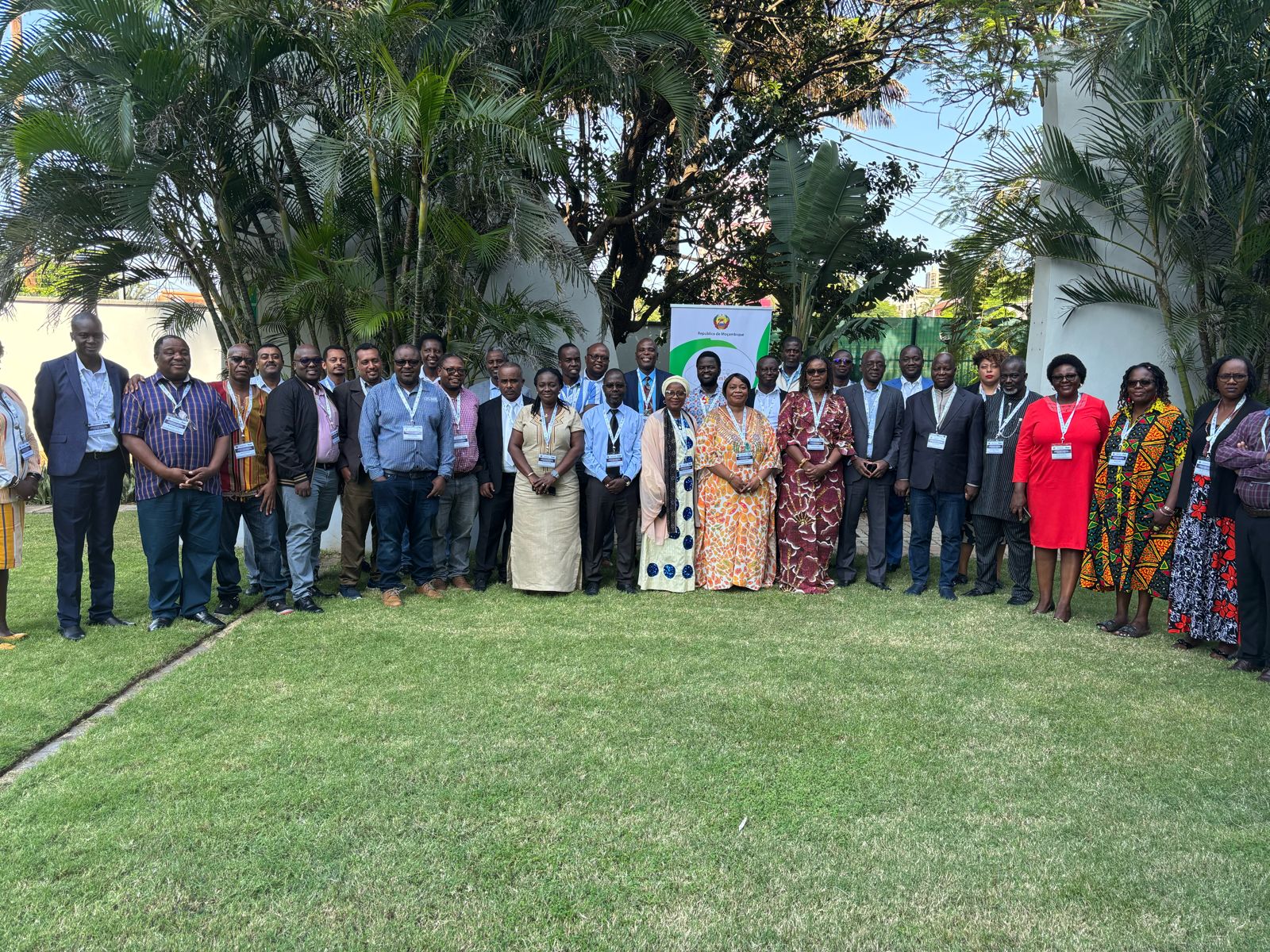|
Getting your Trinity Audio player ready...
|
Linking science and practice serves to accelerate Africa’s socio-economic transformation, a Continental Technical Session on the Harmonized Design and Governance Framework of Genome Editing-related Communities of Practice running in Maputo Mozambique from 18-19 April 2024 has revealed.
Addressing workshop participants, the Director of the National Centre for Biotechnology and Biosciences of Mozambique, Prof. Alsacia Atanasio underscored the importance of science and technology in driving technology.
“As all of us are aware, the AUDA-NEPAD Center of Excellence in Science, Technology, and Innovation (CoE STI), which was established to promote the use and integration of innovations through partnerships, linking science and practice to accelerate Africa’s socio-economic transformation, is leading the project to optimize Agriculture in Africa through the optimization of Genome Editing.
“This Initiative is among other efforts that aim to take advantage of the full potential of Modern Biotechnology to stimulate industrial growth and inclusive development,” Prof Atanasion said.
The workshop will address issues of connecting knowledge, information, and expertise in genome editing to harness key resources for development with a focus on progressive global CoP best cases.
It will also be the guiding platform for coordinating collaborative research communities focused on the emerging field of genome editing.
Addressing the same gathering, Mrs. Florence Nazare, the Head of the Centre of Excellence and Coordination of the African Union Development Agency (AUDA-NEPAD) said bringing countries together offers space for peer review and learning.
“We need to connect and harness expertise and knowledge among the implementing countries by catalyzing knowledge and taking advantage of IT. There is a need to empower Africa’s youth and scientists. In the digital age, innovation is important. The AUDA-NEPAD is supporting national processes to ensure agriculture as the most productive sector of the economy, is aided by technology. Training in the countries ensures self-sustaining processes. The countries have taken ownership of the processes through lead agencies. In-country training is part of the implementing strategies for genome editing,” Mrs Nazare said.
The Government of Mozambique, as well as the Governments of the other 7 countries involved in the Initiative, decided to embrace the AUDA-NEPAD project of the Center of Excellence in Science, Technology, and Innovation, to stimulate the adoption of Genome Editing to optimize Agriculture on the continent.
Given this, some steps have already been taken by the eight countries, namely the development of the respective National Communication and Advocacy Strategies (ECA) for Genome Editing.
National Communication and Advocacy Strategies will be important instruments to be used to integrate, train, disseminate and effectively support key players and interested parties on the application of GEd in Agriculture.
The National Communication and Advocacy Strategies on GEd by the 8 countries where the Initiative is being implemented, the African Union Development Agency-NEPAD (AUDA-NEPAD) brought together a Group of Experts to develop materials for training courses on Genome Editing (GEd), which culminated in the development of 4 Modules that will be used for training different groups of interested parties.
There are modules on GEd Science and Applications; Policies and Regulation; Development and Products, and Intellectual Property Rights and Commercialization of Genome Editing Products.
The project now seeks to design, establish, and support Communities of Practice (CoPs) at the National and Continental levels.
The interactive sessions and activities in Maputo are expected to contribute towards the building and consolidation of CoPs for a systematic sharing of knowledge and experiences while fostering the generation of new knowledge on GEd to foster product development and commercialization at a larger scale.






